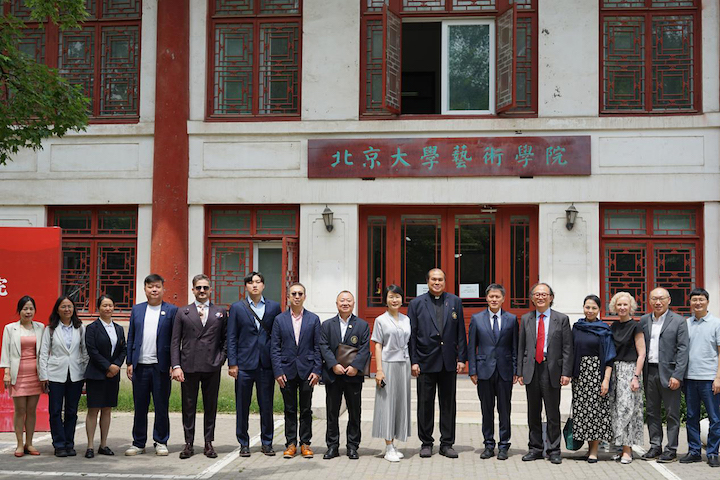| May 18, 2025 — Assumption University of Thailand (AU) has officially been appointed as the host institution of the UNESCO International Workstation on Rural Creativity and Sustainable Development (Thailand). This marks a significant step in promoting rural innovation, cultural heritage preservation, and digital transformation in Asia.
The announcement was made at Peking University during the academic workshop “Rural Asia: Digital Creativity and Local Sustainable Development”, which gathered more than 100 scholars, experts, and institutional leaders from across Asia and Europe. The forum explored how digital technology, local wisdom, and cultural resources can drive inclusive rural development. As a central platform, the new workstation in Thailand will foster cross-border collaboration through:
The initiative also strengthens Sino-Thai academic cooperation and extends the impact of the UNESCO Chair on Rural Creativity and Sustainable Development. Prof. Xiang Yong of Peking University highlighted the project’s vision: “From local wisdom to global solutions, this initiative embodies the power of cultural creativity in shaping sustainable futures.” The project is supported by a diverse global network, including Renmin University of China, Beijing Normal University, Gyeongsang National University (South Korea), University of Paris VIII (France), Sichuan Fine Arts Institute, Jinan University, China Academy of Art, Shanghai University’s Institute of Cultural New Economy, and several cultural and private-sector organizations. At the workshop, AU Vice President Asst. Prof. Dr. Kitti Phothikitti presented Thailand’s contribution under the theme “Digital Technology & Smart Innovation: Rural Thailand’s Practices and AU’s Mission.” AU President Rev. Bro. Sirichai Fonseka, f.s.g., Ph.D., further emphasized that the collaboration “ignites the spark of rural sustainable development—uniting people, culture, and technology for a better shared future.” The event concluded with the adoption of the Beijing Initiative for Sustainable Rural Development in Asia, calling for stronger regional cooperation in policy-making, technology exchange, and cultural dialogue. Quoting HRH Princess Maha Chakri Sirindhorn of Thailand: “Education is the spark that lights the future.” The Thailand workstation aspires to be that spark—harnessing digital intelligence to empower rural communities and connect cultures across Asia. Relevant SDGs:
|






